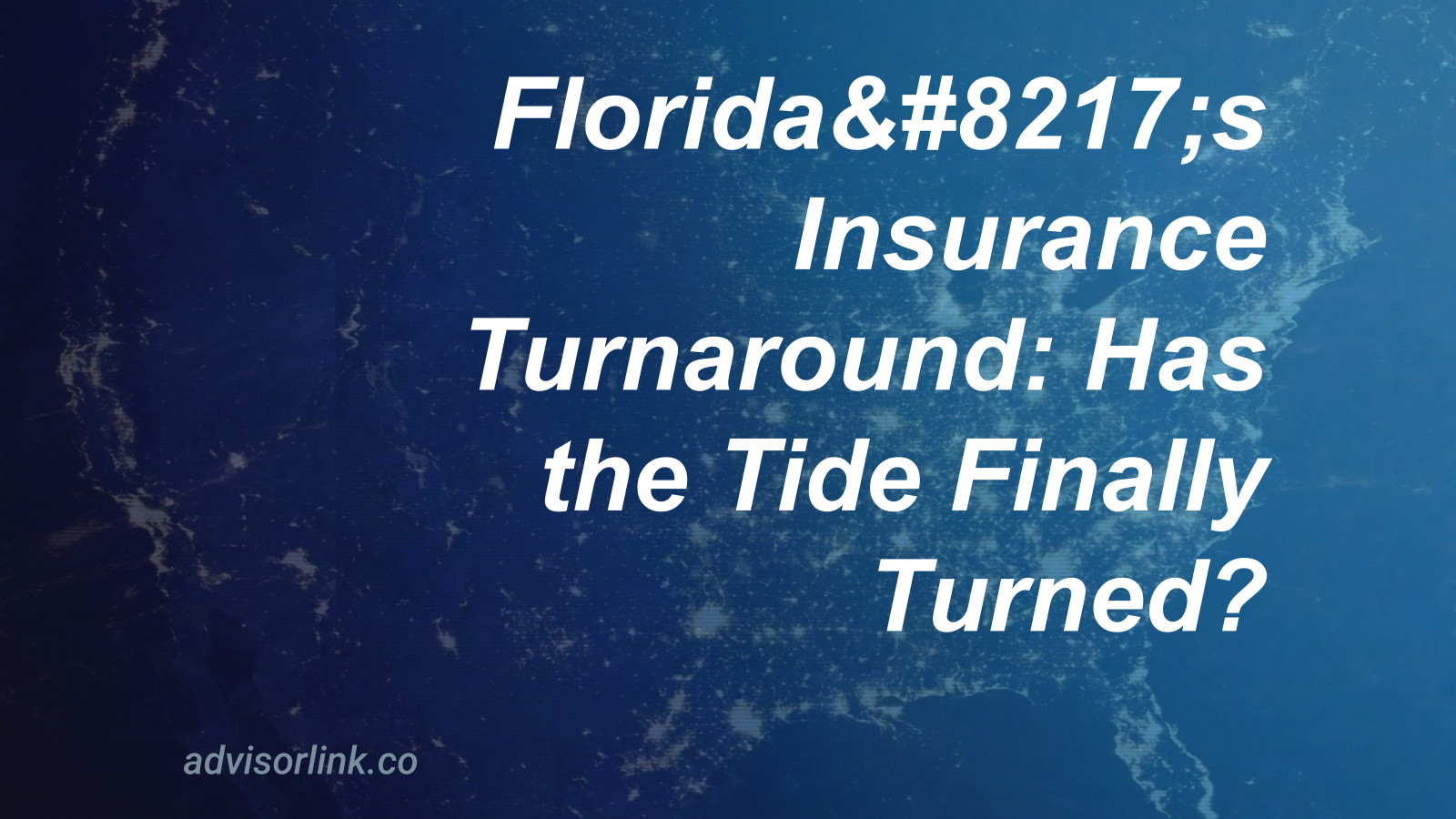The Hidden Costs: How Tariffs Are Driving Your Auto Insurance Higher
Are Tariffs Hitting Your Wallet in Unexpected Ways?
Is the cost of keeping your vehicle insured about to climb even higher? The evidence suggests it is, and the culprit may surprise you: tariffs on auto parts.
Like a stone cast into still water, the ripple effects of these import duties are working their way through our economy, and insurance premiums stand directly in their path. This connection between trade policy and your monthly bills isn’t making headlines, but perhaps it should be.
According to reports from Insurance Journal and ISLA Public, the rising cost of auto parts due to tariffs is creating upward pressure on what Americans pay to insure their vehicles. This comes just as many families had begun to breathe a small sigh of relief following slight rate decreases between February and March of this year.
What Goes Up When Tariffs Rise?
Is there a direct line between customs duties and your insurance bill? The arithmetic is straightforward enough. When import levies increase the cost of vehicle parts, repairs become more expensive. When repairs cost more, insurers pay more on claims. When insurers pay more, they charge higher premiums to maintain their financial position.
As one analyst from First Consulting put it, “The temporary drop in rates we saw earlier this year is likely to be washed away by these new cost pressures.” The Daily Herald reports that some parts have seen price increases of up to 25% following the latest round of tariff adjustments.
Why Aren’t We Seeing Rate Hikes Immediately?
Is there a reason your premiums haven’t jumped yet? Insurance companies can’t simply raise rates overnight whenever their costs increase. They must first assess the full impact of these tariff-related expenses, then prepare detailed justifications, and finally navigate the complex regulatory approval process with state insurance departments.
This creates a lag between economic cause and consumer effect that makes forecasting difficult for drivers, homeowners, and businesses alike. As one Florida insurance executive told WFTV, “We’re in a holding pattern while we calculate exactly how these tariff changes will affect our claims expenses over time.”
This delay can create false comfort for consumers who don’t yet see premium increases on their renewal notices, even as the economic pressures build behind the scenes.
Is Economic Uncertainty Becoming the New Normal?
Is anyone able to make solid predictions in this fluid tariff environment? The short answer is no. New adjustments, exemptions, and reprieves are announced with seeming regularity, making it nearly impossible for manufacturers, suppliers, or insurers to forecast costs accurately.
When major auto parts suppliers can’t predict their own expenses six months out, insurance carriers are left with a similar dilemma. How do you set rates today that will cover claims tomorrow when the cost structure is constantly shifting?
This uncertainty creates a ripple effect throughout the supply chain that ultimately lands on the desks of the actuaries who calculate your premiums. And when uncertainty increases in insurance calculations, premiums typically rise to cover the unknown risks.
Who Bears the Heaviest Burden?
Is everyone affected equally by these increases? Not by a long shot. For homeowners who depend on their vehicles for daily commuting, school runs, and life’s errands, these insurance cost increases represent yet another strain on already tight family budgets. When insurance premiums rise by even a few percentage points, that’s money that can’t go toward the mortgage, college savings, or retirement accounts.
For small business owners with vehicle fleets, the math becomes even more concerning. Whether it’s a local plumber with three service trucks or a regional delivery service with dozens of vehicles, these businesses operate on thin margins where even small cost increases can threaten profitability. Unlike large corporations, these small enterprises rarely have the financial cushion to absorb such expenses without making difficult choices about pricing, wages, or growth plans.
What Can We Learn From This Economic Chain Reaction?
Is there a larger lesson in how trade policies eventually find their way into our personal finances? This story illustrates the interconnected nature of our economy, where decisions made in Washington about trade policy create a cascade of consequences that eventually arrive in your mailbox in the form of higher insurance premiums.
For consumers looking to protect themselves, this situation calls for greater vigilance in reviewing insurance options and understanding coverage needs. The relationship between vehicle repair costs and insurance rates has always existed, but tariffs have amplified this connection in ways that demand attention.
For policymakers, the lesson might be about the hidden costs of trade actions – costs that aren’t captured in the initial economic impact studies but nevertheless affect millions of American households.
And that’s the way it is – a complex economic story told through the lens of your auto insurance bill, where global trade policies and your household budget intersect in ways that deserve closer examination. As one insurance regulator noted, “The average American may not follow tariff policies, but they certainly notice when their insurance premiums increase.” In that observation lies a fundamental truth about how abstract economic policies eventually become very personal financial realities.
Disclaimer: General Information & Accuracy
This blog provides general information and discussions about insurance and related subjects for informational purposes only. It is not intended as professional advice, including but not limited to financial, legal, or medical advice. We strive for accuracy, but laws, regulations, information, and best practices constantly evolve, and unintentional errors can occur. Therefore, we make no warranties about the completeness, accuracy, reliability, or suitability of the blog content. Always consult with a qualified professional for advice tailored to your specific situation. Any reliance you place on this information is strictly at your own risk.



